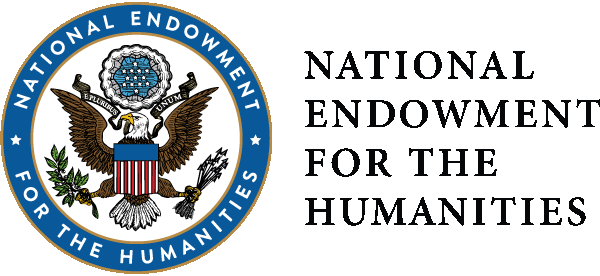NFWA Joins the Grape Strike
NFWA Joins the Grape Strike
César Chávez speaking at a NFWA meeting, Lamont, ca. 1966. Photo by Emmon Clarke.
The National Farm Workers Association (NFWA) was not involved in the original grape strike in Delano, started by the Agricultural Workers Organizing Committee (AWOC) on Wednesday, September 8, 1965. After the start of the strike, César Chávez urgently called together his leadership group to discuss NFWA’s course of action. In the following days, NFWA decided to offer help to the Filipino strikers and call for a strike vote meeting to take place on Mexico’s Independence Day, September 16, in the community hall of Our Lady of Guadalupe Church, the center of the Mexican American community in Delano. Speakers included César Chávez, Gilbert Padilla, and Epifanio Camacho. Chávez warned the workers about the great risk of not having a strike fund, which would force the union to rely on volunteer organizers and the help of other groups to help its members. He also reframed the strike by insisting it had to be nonviolent and demanded union recognition, besides wage increases for workers.
El Malcriado Issue 20 article about the strike meeting.
An enthusiastic crowd of 1,000 workers voted overwhelmingly to accept these conditions and went on strike. On Sunday, September 19, at the American Legion Hall, NFWA’s representatives completed plans to start the Delano grape strike the next morning. The philosophies of both groups, as chronicled in the book by Marshall Ganz: Why David Sometimes Wins, were a sharp contrast. While El Malcriado portrayed the NFWA’s decision to strike as “a movement more than a union,” AWOC’s president, Al Green, kept saying, “This is a trade union dispute, not a civil rights movement or a religious crusade.”
Eliseo Medina on why he joined the grape strike
Eliseo Medina tells the story of attending the union meeting on Sept. 16, 1965, when workers of the National Farm Worker Association decided to join the grape strike that Filipino workers started on Sept. 8. Medina, then a 19-year-old farmworker from Delano, tells about the excitement of that meeting as he listened first to Gilbert Padilla and César Chávez, and how César Chávez’s speech convinced him to join the strike.
Tom & Ethel Bradley Center
California State University, Northridge
18111 Nordhoff Street, Northridge, CA 91330
Phone: (818) 677-1200 / Contact Us

